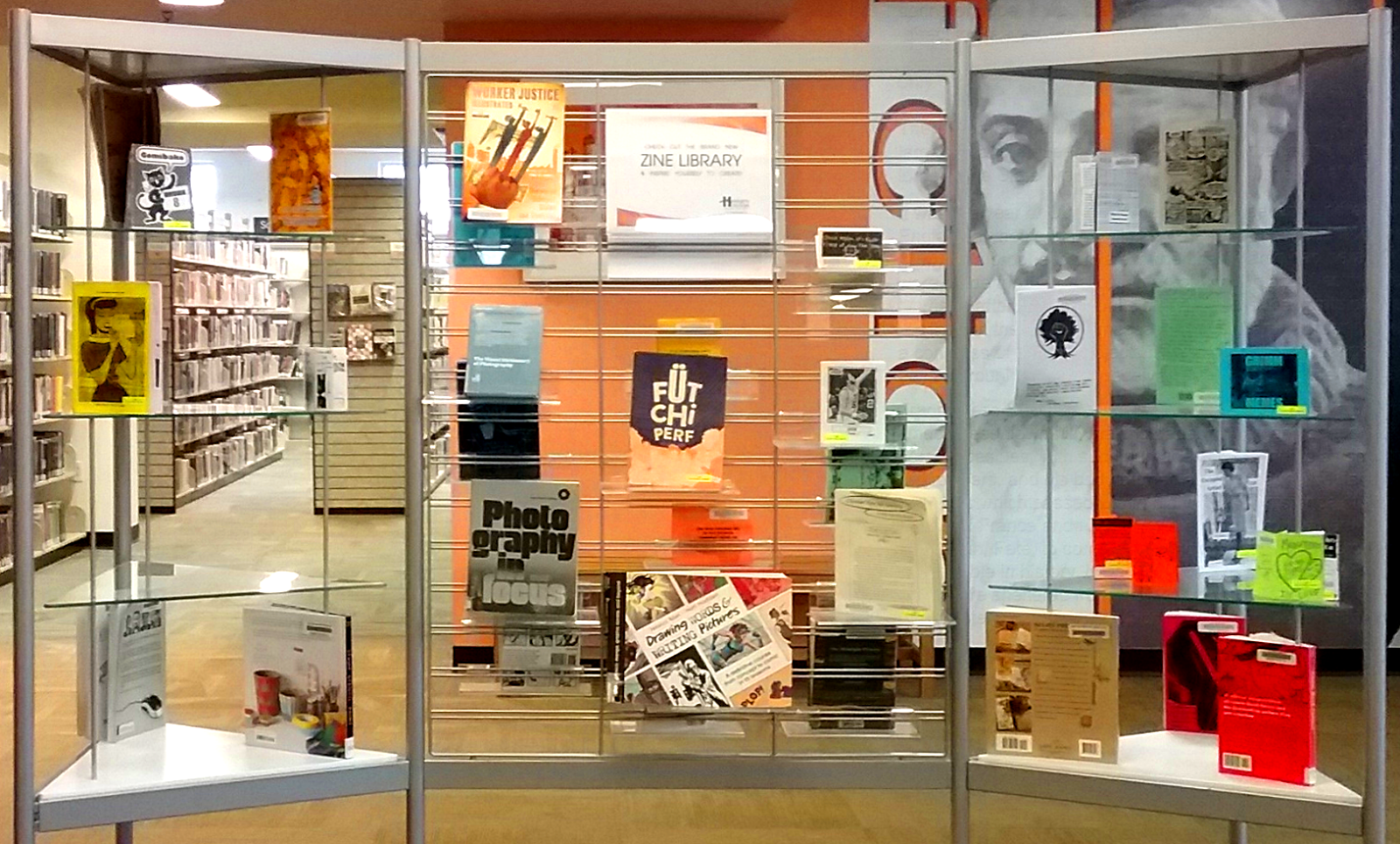via Feminist Review by Feminist Review on 11/2/09
 By William H. Thomas Jr.
By William H. Thomas Jr.The University of Wisconsin Press
Even the preface to Unsafe for Democracy makes William H. Thomas Jr.'s political stances abundantly clear, but impressively, his political leanings have no negative effect on either his literary voice or his scholarship. Unsafe for Democracy is a straightforward historical tract, delineating the disturbing specifics of a very specific time in history. Thomas uses only the preface to tie the events of the early twentieth century to the problems America faced in subsequent eras, from the actions of COINTELPRO, the FBI's secretive, legally questionable "counterintelligence program" to spy on, disrupt and often destroy dissident political organizations in the mid-twentieth century, to those of the Bush Administration; the body of the book allows the reader to draw her own conclusions, a model of thorough research and admirable self-restraint.
Using the Espionage Act of 1917 as its legal base and the general paranoid wartime climate as its ethical base, the United States Justice Department committed innumerable violations of the civil rights of German-Americans, members of the Socialist Party, and many other American citizens under the umbrella of protecting American safety and security during World War I. Thomas skillfully depicts the anger and frustration present in the social climate at that time, and uses it to draw us into stories of the Justice Department's behavior, each more shocking than the last, and the behavior it inspired in ordinary American citizens. The book ends with the startling chapter "Vigilantism," describing many shocking incidents not commonly known and the Justice Department's notable lack of focused response. The details of the book are fascinating and often terrifying.
More than many historical tracts, Unsafe for Democracy demonstrates the value of straightforward storytelling. Thomas makes no attempt to shock his readers or to beat them over the head with parallels to other periods of history or contemporary government. Rather, he tells us what happened, offers his compelling evidence that this was, indeed, the way it happened, and leaves us to frame the value of the story as we see fit. Even if the stories in Unsafe for Democracy were not so chilling, this skill would make the book worthwhile, and the stories themselves are stories that every American should understand in as much depth as possible.
Review by Gemma Cooper-Novack
Check out more reviews at http://www.feministreview.org





No comments:
Post a Comment